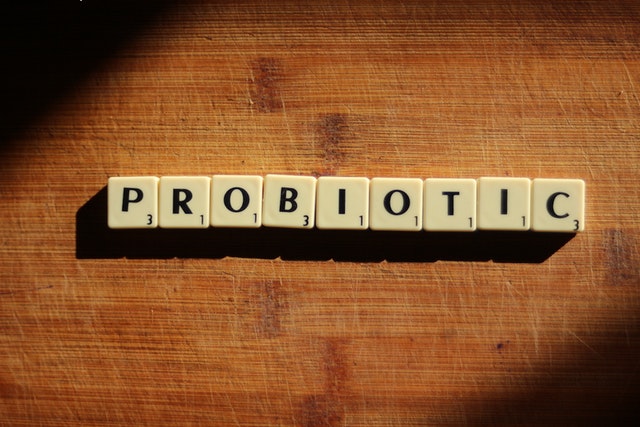Have you ever had an unusual symptom pop up out of nowhere and you had no idea what caused it or how to treat it? I certainly have experienced this before. Symptoms are just your body’s way of trying to tell you something is wrong. Unfortunately, we don’t always know how to properly read our body’s signals and can make mistakes when it comes to their meaning.
What I have learned over the years is that hormone imbalances can cause a wide variety of unusual symptoms. These symptoms can mimic other conditions and make it difficult to figure out the true underlying cause. Whether you’re of childbearing age or you’ve recently gone through menopause, here are some strange symptoms that could mean your hormones are off balance.
Fatigue

Chronic fatigue is a common symptom associated with hormone imbalances. Often, fatigue can be traced back to insufficient thyroid hormone. However, other hormones can also play important roles in energy production, including progesterone and estrogen.
Mood Swings

Do you ever feel like you could burst out into tears or fits of rage at the drop of a hat? If so, you may be dealing with imbalanced hormones that are causing major fluctuations in your mood. Several hormones can impact the way you feel emotionally, including testosterone, epinephrine, oxytocin and norepinephrine. If any of these hormones become unbalanced, you may feel like you have little to no control over your emotions at any given time.
Weight Fluctuations

I know how it feels to get on the scale one week and be a pound lighter only to discover that I’m three pounds heavier the next week! It’s not a fun feeling to discover that your weight fluctuates significantly from week to week.
If you’re following a healthy diet and exercise regimen, you may be wondering why your weight still seems to be like a roller coaster with its constant ups and downs. It’s possible that hormone imbalances could be to blame for your weight fluctuations. Here are a few of the hormones that are directly responsible for how much weight your body hangs onto or releases:
- Insulin
- Ghrelin
- Leptin
- Cortisol
- Thyroid hormone
If the delicate balance of these hormones is disrupted, you’re bound to experience problems with your weight control efforts.
Headaches

Frequent headaches are a common indication of low estrogen levels. If your cortisol and thyroid hormone levels are also out of balance, they can further contribute to your pounding headaches. If you seem to get headaches all the time and the most common treatment methods don’t seem to make them go away, it may be time to consider whether your hormones could be out of balance.
Food Cravings

Do you feel like you’re constantly craving foods that you know are bad for your body? If so, you may be able to get rid of those cravings by bringing imbalanced hormones back into proper balance. Stress hormones (especially cortisol) are responsible for governing your hunger cravings and helping you cope with stress. If it is out of balance, you may feel an increased desire to eat foods you shouldn’t as an attempt to help soothe your anxiety.
What To Do About Imbalanced Hormones

Now that you’re aware of some of the most common symptoms associated with hormone imbalances, you’re probably wondering what steps you should take to bring your hormones back into proper balance. There are supplements available (including Camellira™) that can help bring your hormones back into healthy alignment.
In combination with a healthy diet and regular exercise, Camellira™ and other supplements can help you get a handle on your out-of-control hormones so you can get rid of your unwanted symptoms and experience a higher quality of life.












